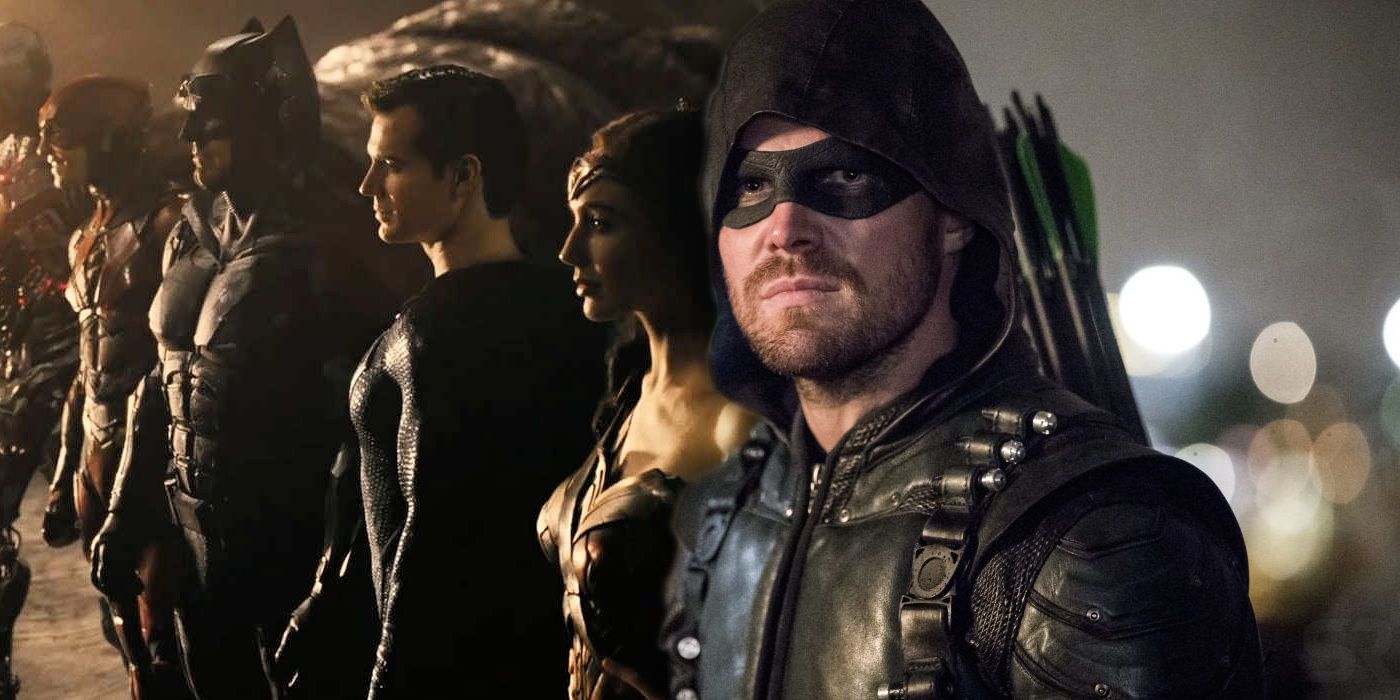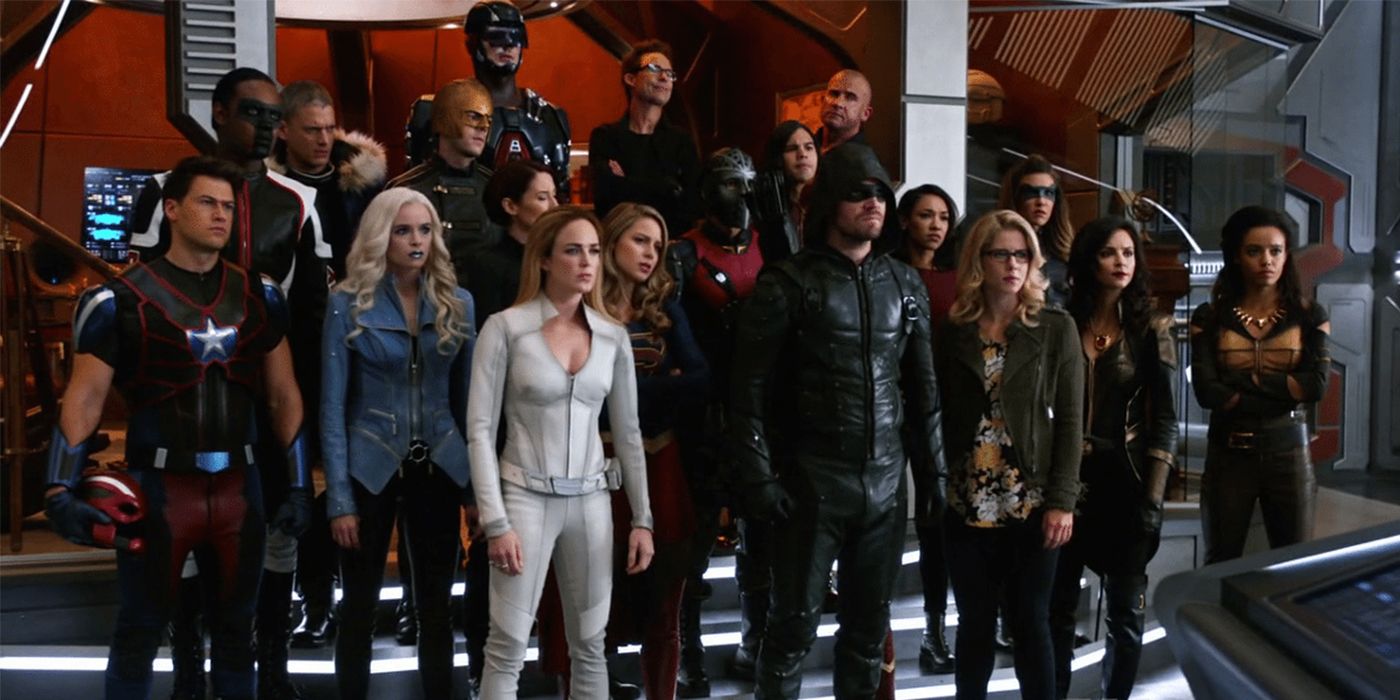
The Arrowverse came to utilize the comic books that inspired it far more than the DCEU, despite originally trying to keep its distance from the source material. This changed as it became apparent that mainstream audiences could accept characters and concepts taken from the comics and the show's producers, many of whom had a background in comic book writing, reacted accordingly.
When Arrow first premiered in 2012, nobody would have predicted that it would become the center of a shared universe encompassing every comic book show ever based on a DC Comics' property. At first, Arrow seemed to take far more stylistic inspiration from Christopher Nolan's Batman films than the Green Arrow comics. To this day, fans of the swashbuckling, wise-cracking Oliver Queen of the comics still derisively refer to Stephen Amell's survivalist take on the character as "Green Batman." There are also a large number of Black Canary fans who despise the show for the changes it made to the character of Dinah Lance which resulted in multiple versions of Black Canary coming into existence and Oliver Queen eventually marrying Felicity Smoak; an original character created for Arrow, whose name was taken from a supporting character in the Firestorm comics.
Despite this rough start, Arrow came to utilize more material from the comics that inspired it after its freshman season. Many cite Arrow season 2 as one of its best, due to a storyline that pitted Oliver Queen against Slade "Deathstroke" Wilson; one of his frequent antagonists in the comics. Despite a number of liberties taken in establishing villains such as Brother Blood and Ravager and a new background for Deathstroke, comic readers began to embrace Arrow as it became apparent the showrunners were not ashamed of the source material. This became readily apparent as Arrow season 2 went on and the show began utilizing more obscure concepts and characters from the comics (such as its take on the Suicide Squad) and setting the stage for a spinoff series centered around Flash. This presented a marked contrast from Man of Steel, which ignored the style and tone of the Superman comics to present a darker take on the character.

The reason for the Arrowverse's success can be traced back to Batman: The Animated Series, which is still seen by many as the definitive interpretation of Batman in any medium. The cartoon was written by some of the same writers responsible for writing the Batman and Detective Comics series throughout the 1960s and 1970s, such as Len Wein, Denny O'Neil, Gerry Conway and Martin Pasko. All of the Arrowverse series were likewise overseen by producers with a background in comic book creation, like Geoff Johns and Marc Guggenheim, and written by experienced comic book writers such as Sterling Gates, Benjamin Raab, Marv Wolfman and Geoff Johns himself.
While it took time for the producers to prove the concept to executives at The CW, their shows eventually found an audience and now form the backbone of the network's schedule. As a result, Warner Bros. has abandoned their earlier edict that all DCEU films conform to the style of Zack Snyder's movies and hired comics-loving filmmaker James Gunn to make a more comics-accurate Suicide Squad movie, after more comics-accurate takes on Aquaman and Shazam became financial successes and critical hits. With Superman and Lois premiering in February and three new Arrowverse series on the way for the 2021-2022 season, it seems clear that the Arrowverse is also a proven success and one the DCEU has done well to emulate.
from ScreenRant - Feed https://ift.tt/3hLMbTz

No comments: